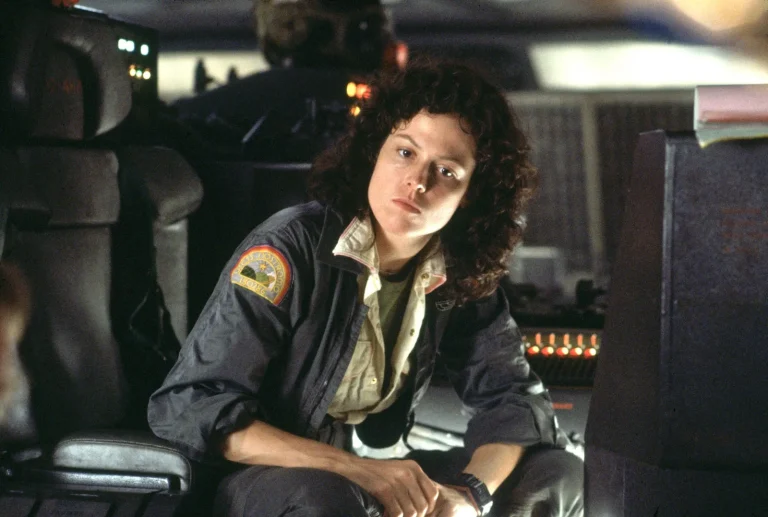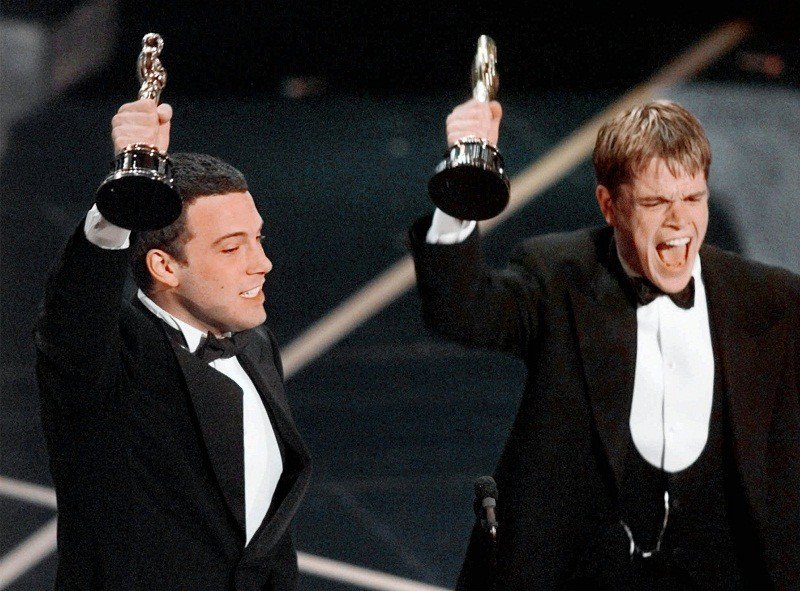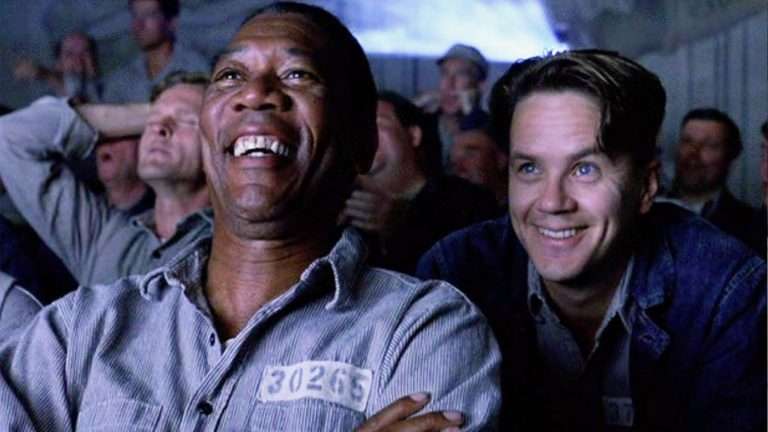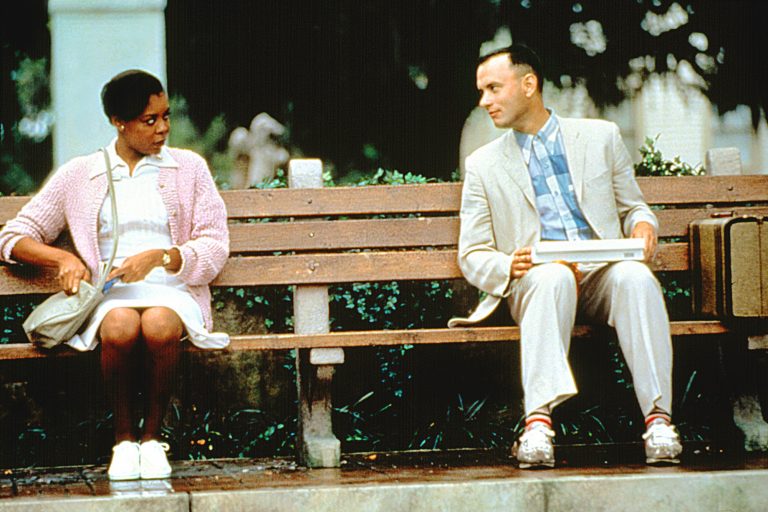When Home Alone hit theaters in 1990, it became an instant holiday classic, but what’s less known is that it was almost made by Warner Bros.. They were initially interested in the film, but passed on it before it became the massive success we know today. Here’s a look at how Warner Bros. lost out on what would become one of the most profitable family comedies ever made.
John Hughes’s Script and Warner Bros.’s Initial Interest
In the late 1980s, John Hughes, known for his iconic films such as The Breakfast Club and Ferris Bueller’s Day Off, wrote the script for Home Alone. The story of a young boy, Kevin McCallister, who defends his house from burglars while his family is away, was conceived as a family-friendly comedy, a genre that Hughes was well-versed in. Hughes, with his established relationship with Warner Bros., decided to pitch the script to them first. The studio, which had worked with Hughes on several of his hits, was initially receptive.
Also, Read – Home Sweet Home Alone (2021) Review
There are rumors that Warner Bros. even approved a small budget for the film, but they did not greenlight the project outright. At this point, the studio seemed interested but cautious. Despite Hughes’s track record of success, the studio had reservations. They felt the film’s premise—especially the concept of a young boy carrying the plot—was too risky. Furthermore, Warner Bros. was shifting its focus toward big-budget action films like Batman (1989) and Lethal Weapon 2 (1989), which were dominating the box office. In this landscape, a modest family comedy didn’t align with the studio’s priorities.
Why Warner Bros. Passed on Home Alone
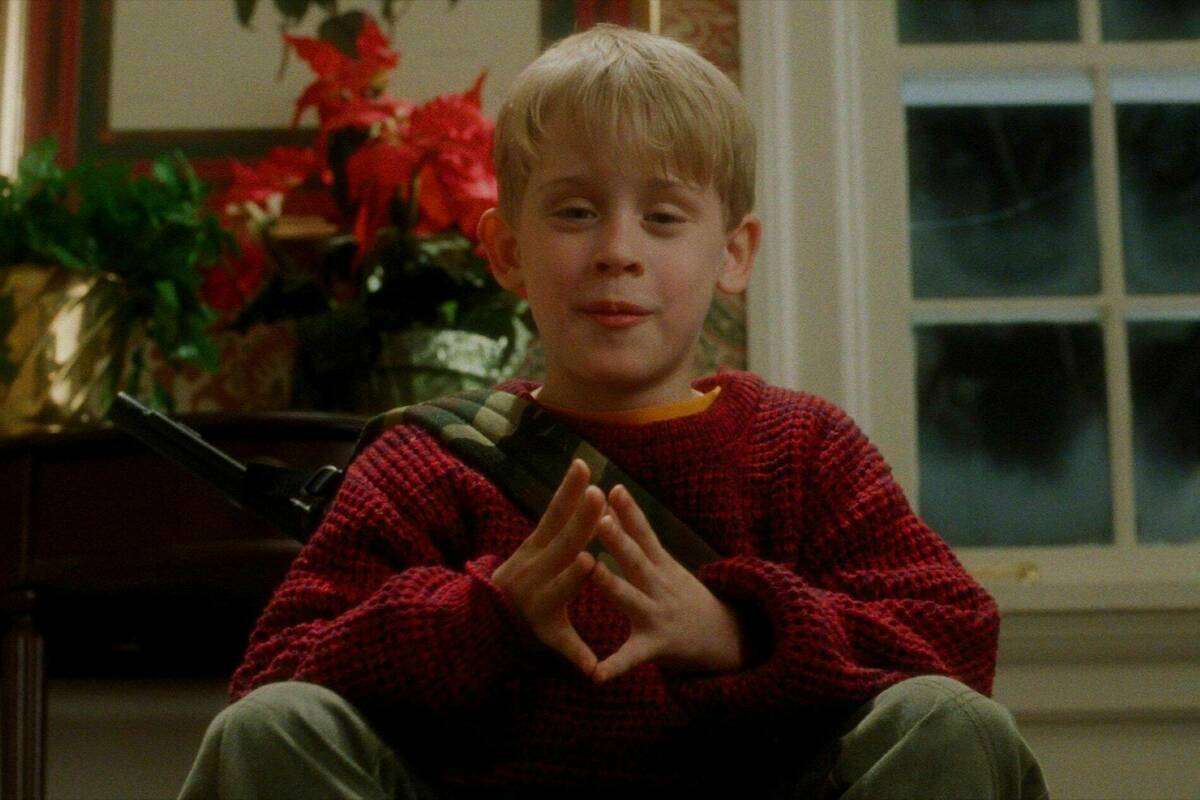
While Warner Bros. initially showed interest in the project, their hesitation stemmed from several factors:
- Concern Over Commercial Viability: Warner Bros. was skeptical about the commercial appeal of a holiday-themed movie, especially one centered around a young, untested actor like Macaulay Culkin, who was just 9 years old at the time. The skepticism in Hollywood about child actors was real, with many believing they wouldn’t have the star power to carry a film.
- Genre Mismatch: Warner Bros. was primarily focused on producing big-budget action films, which were all the rage at the time. Family films, especially those with a Christmas setting, didn’t seem to fit their brand.
- The Risk Factor: The studio likely didn’t foresee the potential for a modest, low-budget holiday film to become a box-office behemoth. The market for Christmas movies with a comedic twist wasn’t as established, so it seemed like a financial risk.
Hughes Takes It to Fox
So, John Hughes, not fully confident in Warner Bros.’s commitment, decided to take Home Alone to 20th Century Fox. Unlike Warner Bros., Fox was much more open to family films. They saw potential in the idea, especially since they were looking for a holiday movie that could become a family favorite.
Fox didn’t hesitate. They immediately saw the opportunity and decided to back the film. The project quickly got the green light, and production started moving fast.
The Decision Warner Bros. Regretted
Once Fox came on board, Warner Bros. backed out for good. They had shifted their focus to bigger-budget action films and didn’t want to invest in a family movie that didn’t fit their current strategy. Ironically, after Home Alone became a huge hit, Warner Bros. would later produce their own successful family films, but they missed the chance to produce this one.
Home Alone Becomes a Financial Powerhouse
Fox ended up making Home Alone with a modest budget of $18 million. The film, which seemed like a small gamble at the time, turned out to be anything but. Home Alone became a global box-office sensation, earning over $476 million worldwide. It became the highest-grossing film of 1990 and remains one of the most successful holiday films of all time.
Fox didn’t just make money from the box office. Home Alone led to sequels, toys, video games, and merchandise—turning it into a year-round money-making machine.
What Warner Bros. Lost
Warner Bros. missed out on all of this. If they had backed the film, they would’ve been the studio behind a huge franchise. Instead, Fox stepped in and ended up with one of the biggest holiday film series in history.
Looking back, Warner Bros. missed a major opportunity to own a family classic. They were so focused on action films that they didn’t see the potential in a family comedy with a holiday twist. By the time Home Alone became a success, they were already committed to bigger, flashier projects.
A Lesson in Timing
Home Alone shows that sometimes the best opportunities don’t come in the form of big, flashy projects. A small, simple film can turn into a massive success if it connects with audiences. Warner Bros. lost out, but 20th Century Fox took a chance on Home Alone and ended up with a blockbuster that would become a staple of Christmas for years to come.
In the end, Warner Bros. passing on Home Alone wasn’t just a missed opportunity—it was the moment they lost out on a film that would make them millions and become a permanent part of pop culture. Fox, on the other hand, reaped the rewards, and the film’s success is a testament to the power of a good story, even if it seems small at first.
Source: Substack Curious Minds

